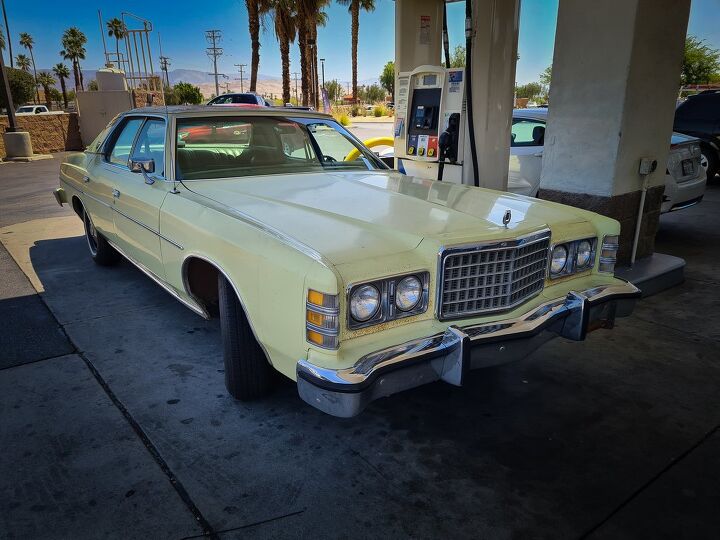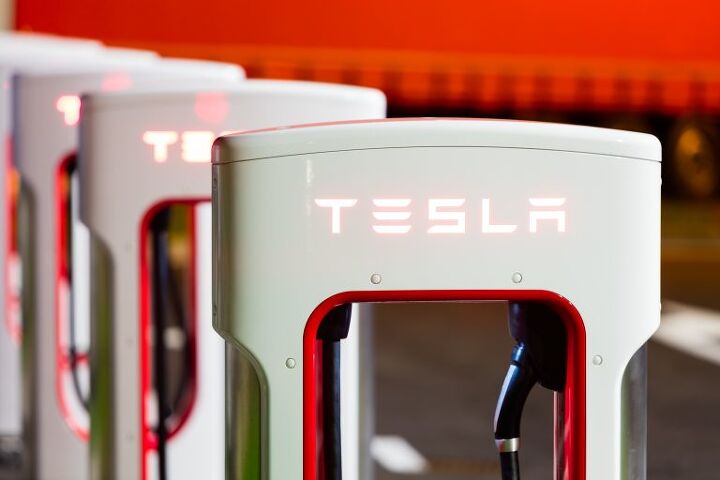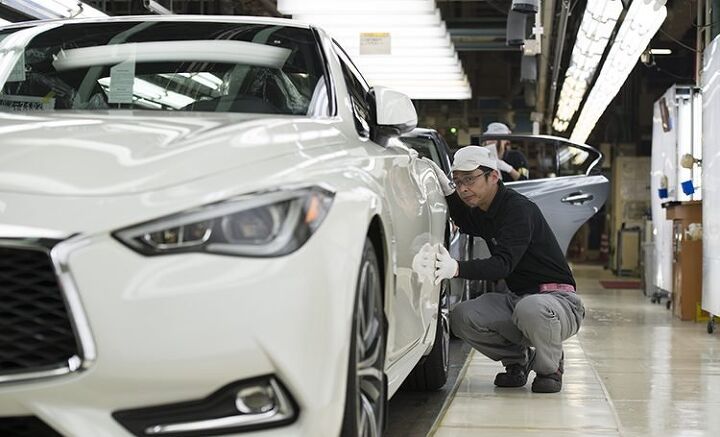#RedTape
The Great Pacific Coast Road Trip
The Big Idea
When one’s employer tells you that you are required to go to San Diego, California for a company event I guess most people’s reaction would be “hey, I hear they have a great zoo there”.
I suspect I am slightly an outlier in that my first thought was “I should buy an old car and drive up the Pacific Coast Highway and consign the car with a shipping agent to transport it home”.
Place Your Bets: German Gigafactory Operational By October?
Tesla Gigafactory has been hit with more red tape than a last-minute Christmas present and is reportedly nearing completion. Elon Musk even suggested the facility could be producing vehicles by the end of October. However, some of the language emanating from his recent 0n-site engagement has us wondering what the odds are on that becoming a reality. The facility has already been delayed on more than one occasion by environmental activists and bureaucratic hang-ups. Though it now appears to be within a few weeks of commencing operations, Tesla’s CEO didn’t sound overly optimistic about the target.
On Friday, Musk met with Armin Laschet — Germany’s leading Conservative candidate to succeed Angela Merkel as chancellor — to tour the grounds of Gigafactory Berlin (technically Gruenheide). Though the main event was Elon’s preceding meeting with local Brandenburg officials that have not yet given final approval on the facility, citing ecological concerns.
Nissan and Subaru Faulted for Decades of Improper Inspection Procedures
Japan appears to be having a problem with its quality control. Nissan Group is conducting updated inspection procedures after details emerged that it allowed uncertified employees to conduct final vehicle checks. However, the Japanese government continues to find issues with the automaker’s practices, forcing it to temporarily suspend new vehicle registrations.
Early reports from an external investigation commissioned by Nissan suggest the certification problem may have begun in 1979.
Subaru faces a similar plight. With Nissan’s inspection issue looming larger than anticipated, Subaru has admitted to following improper procedures for its domestic products. On Friday, the carmaker said final inspections at its main plant have occasionally been handled by employees not listed as certified technicians. The problem has persisted for more than 30 years, according to the manufacturer.
Question: What Is Your Most Kafkaesque Car-Registration Experience?
As I gather parts for my 1941 Plymouth sedan road-racer project, I’ve also been slogging my way through the bureaucratic obstacle course that is registering a title-less car that spent 45 years sitting in a Colorado high desert field. I’ve lived in three states during my car-owning years: California, Georgia, and Colorado. Each is what I call a Front License Plate State (FLPS), meaning car-registration procedures are less informal than what you get in states that issue only rear license plates, and so my car-registering experience features many episodes that might have been scripted by this guy. In a FLPS, you will find yourself shunted down numerous tail-chasing infinite loops when attempting to, say, get license plates for a ’58 DKW on a ’70 Ford Courier frame that you bought from a mysterious out-of-state guy who then became the Antarctic Consul for Lesotho. My search for a ’41 Plymouth title has (so far) involved a title search, a lien search, a certified VIN verification (not to be confused with a regular VIN verification; the certified type may be performed only at the office of one of four authorized police departments in Colorado), an appraisal by a registered Colorado car dealer, a surety bond for twice the appraised value, and a dozen lengthy trips to my local DMV… and, compared to some of my California experiences, this is easy. How about you?



















Recent Comments